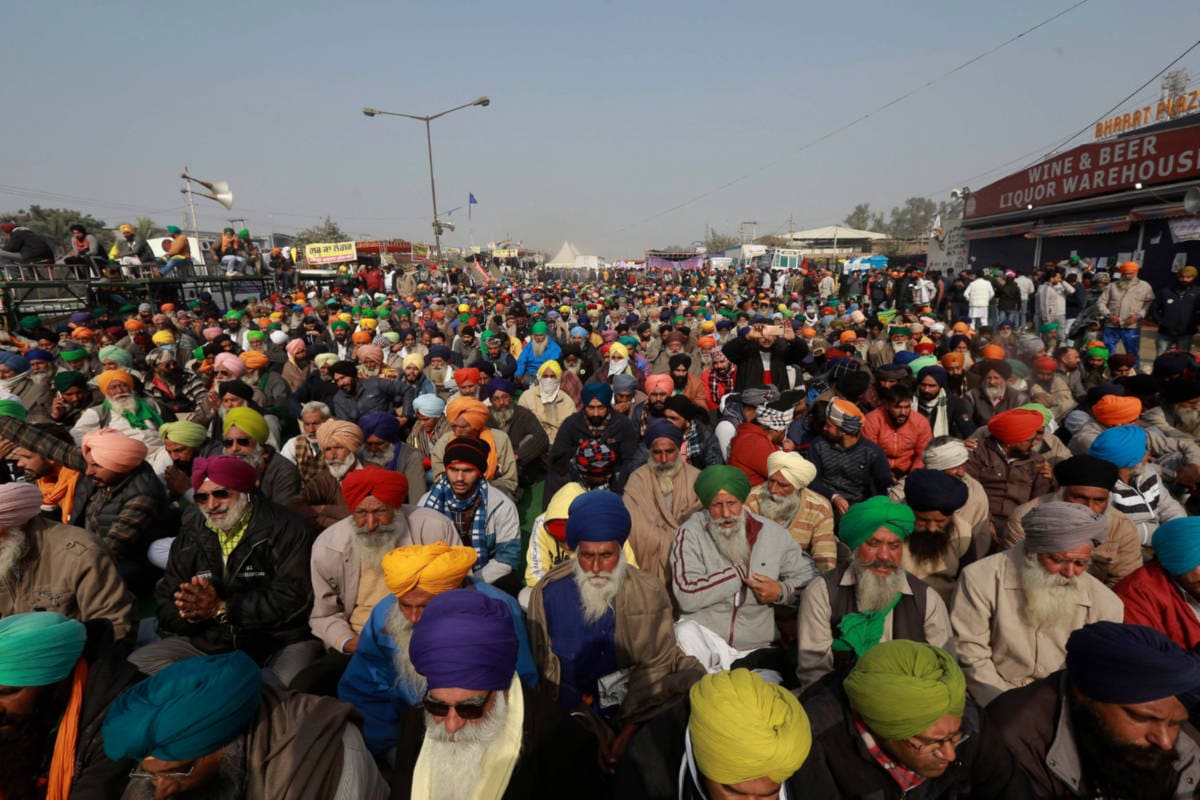
After automatic “roti” machines, high-tech solar panels and fully charged washing machines, the newly installed “Made in Punjab” instant water geysers are drawing attention at the ongoing protest by farmers on the Singhu border.
The innovative wood-burning water geyser, which has a hole in the middle to burn the wood, has a funnel-shaped inlet on one side for normal water and an outlet on the other for hot water.
“This is Punjabi play. We call it a desi geyser. Every house in Punjab has it. Now, we have it here too. The sangat gave it to us to use in langar. Anyone is free to use it,” said Manjinder Singh, 52, while preparing kheer for the protesters.
Although their appearance is not as daunting as the gigantic roti machines, the easy-to-use indigenous geysers are proving to be super effective for protesting farmers, whether for cooking or bathing, especially in the cold winter.
It costs between 3,000 and 3,500 rupees a piece, and with a visible drop in temperatures, they are now seen at the site of the protest.
In works perfectly with inexpensive fuels such as firewood or charcoal and even household waste, so it doubles as an incinerator and solves waste disposal problems.
“A garbage truck is generated here every day. The presence of these geysers would also help get rid of some of the garbage, which is no small thing,” said a volunteer from a nearby langar.
While Gurpreet Singh (36) from Ludhiana is happy to see Punjab’s proven geysers at the protest site, Ajay Nagar (27), a Ghaziabad resident, is absolutely astonished to find out.
“You keep hearing from the media about the innovative new things that the protesters are using at the protest sites.
“I saw one for myself today. I never knew such a thing existed,” said Nagar, who had come to support the protest along with his friends.
Previously, the presence of foot massagers, a “pizza langar” and a “Sewa Hall” at protest sites also made headlines.
Tens of thousands of farmers, mostly from Punjab and Haryana, have been staying at the border points of the national capital since late November to protest against three new agricultural laws.
.